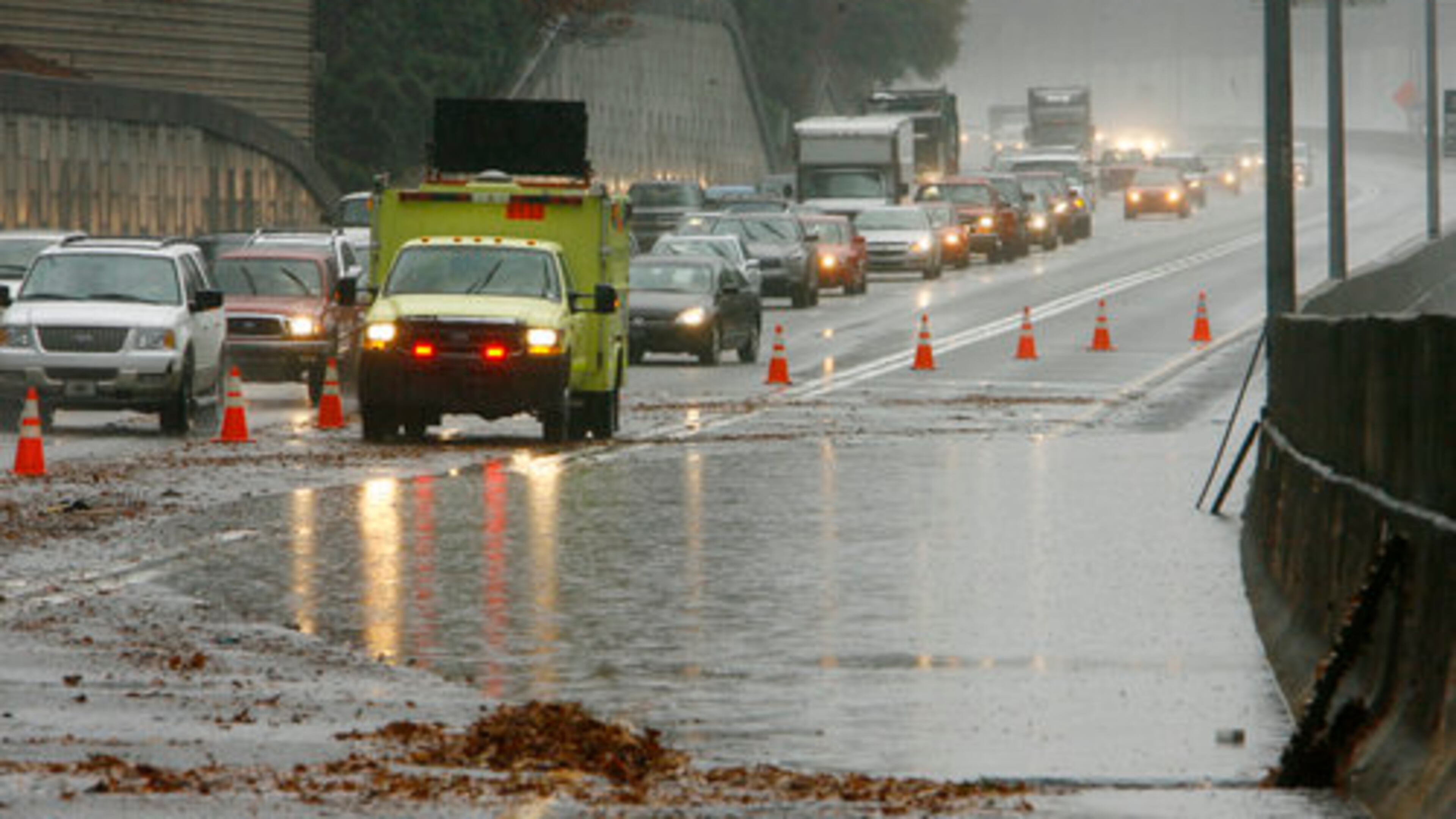Gridlock Guy: HERO program slowing down to speed up

Slowing down to go faster. This is an axiom often mentioned in motorsports for drivers on racetracks that require heavy braking. If they enter a corner too hot, the correction they make can ruin the lap time. Sometimes the speeds actually improve on those tracks when the drivers drop a cylinder and cannot hit their top speed.
This column is about maintaining pace in the slow grind of Atlanta traffic. A major cog in that machine is the 26-year-old Highway Emergency Response Operator (HERO) program.
The state announced last Wednesday that they are cutting HERO service in the overnight hours and closing the radius of their normal patrol, because staffing shortages have the program at approximately half the capacity it needs to serve the large metro area at all hours.
Here are the basic changes coming to GDOT HERO service:
- Cutting the hours of patrolling to 5 a.m. to 11:30 p.m. on Monday through Friday and 6 a.m. to 11:30 p.m. on the weekend
- Shrinking the Metro Atlanta coverage area by 35%
The state hopes to have the changes in place by July 1st and says that HEROs will still be on call to respond to major incidents in the off hours and to big problems outside of the coverage area, as needed.
The revisions will not impact the HEROs needed to patrol and reverse the Peach Pass Express Lanes.
CHAMP units, which serve other areas of the state similarly, will still operate 10 a.m. to 6 p.m. every day and cover a large chunk of the lane miles that HEROs will stop regularly patrolling.
GDOT founded this army of yellow trucks to assist traffic problems small and large, to get travel lanes clear as quickly as possible. HEROs went into service less than two years before the 1996 Olympics, which the state forecasted as a traffic-geddon.
The state told Smilin’ Mark McKay, Ashley Frasca, and me in an exclusive briefing that the new coverage times encompass 91% of Metro Atlanta’s crashes. GDOT officials also have been vexed by the increasing response times.
With HEROs only half-staffed, their target 10-20 minute response times have grown to an average of 20-30 minutes. One rule of thumb they use is that every 10 minutes of a lane blockage adds one mile of backup.
GDOT says that many states have programs similar to Georgia’s, but a number of those states offer only tire and fuel assistance. GDOT HERO units can tow and push and offer a great help to first responders.
Focusing their remaining HERO corps on the most impactful times will help turn the tides around and also allow GDOT to build up staff. A recent $10,000 starting salary raise for HERO operators along with some revisions in the training program should help with recruiting and retention.
The HERO program ran for 20 years without being fully operational 24/7. GDOT implemented around-the-clock patrols in 2014. So the city will survive.
But this scaling down isn’t the final verdict. The state hopes to return to 24/7 coverage by the summer of next year, if they can hire enough operators.
GDOT’s problems are relatable. Many industries have struggled with workforce numbers. GDOT has felt this in another realm: construction. Shortages have stymied some of their ability to work overnight, which is when most progress takes place. This is one of many factors that has delayed the Transform 285/400 project.
And most of us have seen our favorite eateries cut lunch hours and close early so they can properly serve customers in peak dinner hours. These new HERO hours definitely cover the breakfast, lunch, and dinner rushes.
GDOT is slowing down the HERO program so it can respond faster than it does now. They’re powering it down in the low power hours, so more people can get their tires fixed and cars towed more quickly. That may not look good to the general public, but it is the move that makes the most sense right now. Here’s to bringing it back in full in 2024.
Doug Turnbull, the PM drive Skycopter anchor for Triple Team Traffic on 95.5 WSB, is the Gridlock Guy. Download the Triple Team Traffic Alerts App to hear reports from the WSB Traffic Team automatically when you drive near trouble spots. Contact him at Doug.Turnbull@cmg.com.

